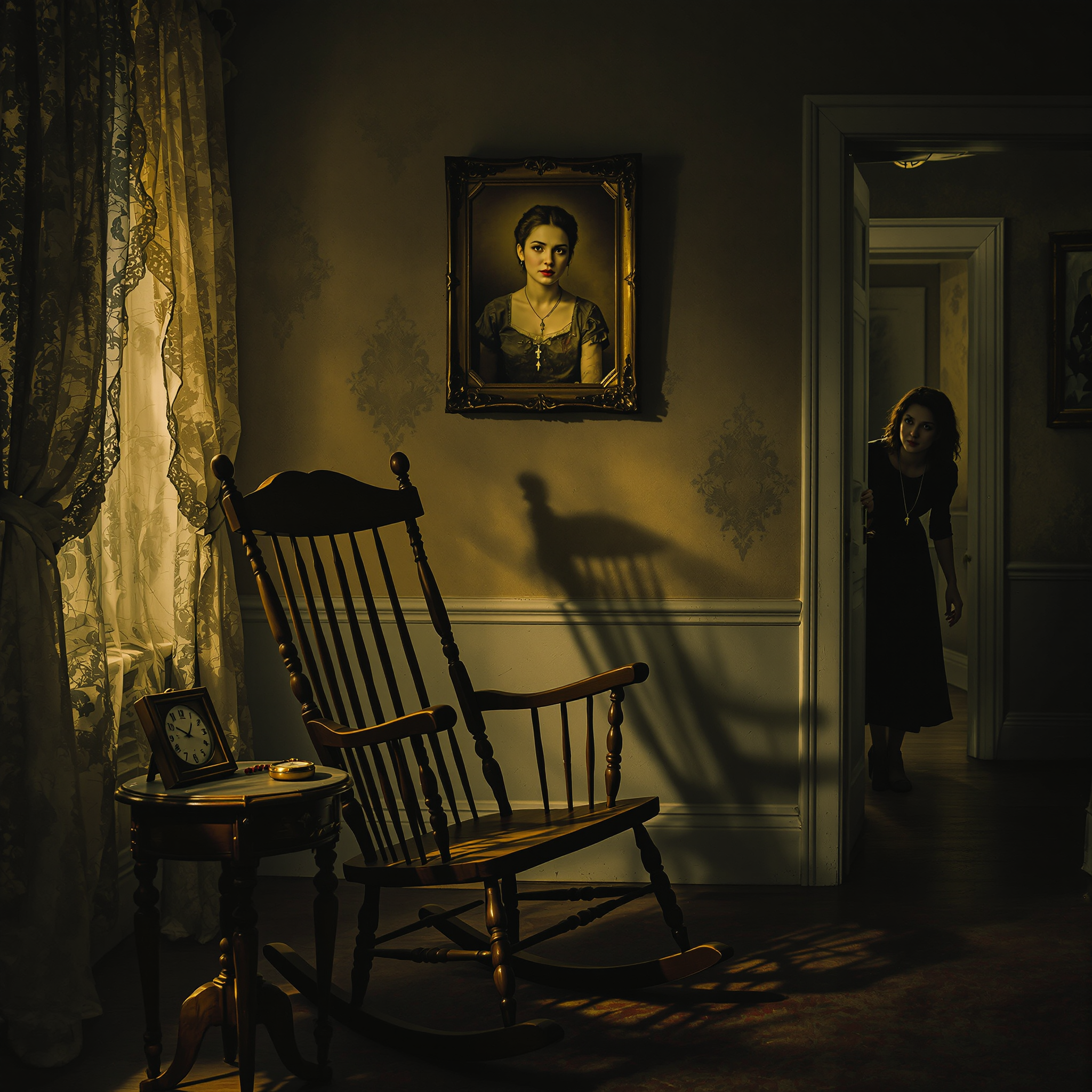The superstition holds that if a rocking chair, without any visible cause, begins to sway back and forth while empty, it is a supernatural sign. According to the belief, the movement is caused by the spirit of a deceased family member, returning briefly to warn or choose the next person to depart from the mortal world. The phenomenon is interpreted as a spiritual omen of imminent death—often urgent and personal. In households where this occurred, it could result in anxiety or the seeking of remedies, such as covering mirrors, moving the chair, or saying prayers to protect vulnerable loved ones. The superstition emphasizes silence, spiritual presence, and an invisible force interacting with the physical world.

A baby’s future career or fate is predicted by the first object they select during a ceremonial setup.
In several Asian and Eastern European cultures, a traditional ceremony is held for babies usually around their first birthday. Known


